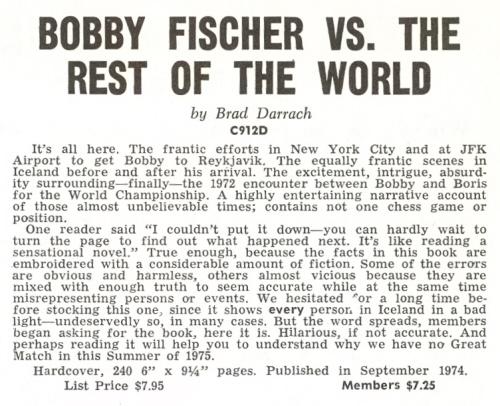

I don’t think I have ever read a romance novel, but I have read a lot of sports journalism. Over at LitHub, Jamie Harrow chronicles the similarities between writing romance novels and writing about sports. It’s a really interesting piece.
As I read Harrow’s essay, I thought about the challenges of writing narrative history. I am in the midst of a large narrative history project and I am working hard at trying to balance journalistic writing, story-telling, and historical thinking. Here are some helpful passages from Harrow’s piece:
A romance novel is a love story with an emotionally satisfying, optimistic ending. The reader knows the love interests will end up together. Similarly, in sports media, the reader often knows the final score before they read about it, and they can access the highlights with a few taps on their phones. But just like the juiciest sports journalism doesn’t exist merely to answer the question, “who won the game?” a romance novel doesn’t exist to answer the question, “do they end up together?” It exists to answer other questions: How do they end up together? What does it feel like? Why should I care?
Of course, questions like these apply to all kinds of writing, whether or not the reader knows the ending in advance. But this is about how I learned.
When we write about a sporting event, we want our story to be so compelling that knowing how it ends is not enough. We want to convince the reader, essentially from the outset, that they must live the story as if they were there. Take Bob Considine’s iconic 1938 piece for the International News Service, “Louis Knocks Out Schmeling.” First, note the title. Um, spoiler alert. Here’s the opener: “Listen to this, buddy, for it comes from a guy whose palms are still wet, whose throat is still dry, and whose jaw is still agape from the utter shock of watching Joe Louis knock out Max Schmeling.
He grabs you by the shoulders and shakes you. You know the ending, but you want the details. Writing romance isn’t all that different. A walloping start helps. So does careful consideration of what is going to compel a reader to come along for the ride.
Stakes are a big one, of course. It’s helpful if they hinge on something other than which team is going to win and what happens if the love interests don’t end up together, given what the reader already knows. In my debut novel, One on One, I explore stakes that are partly distinct from the romantic relationship (the narrator’s fragile career and its chances of being smashed if the basketball team fails to win a championship) and partly in conflict with it (the risky emotional reckoning the characters will have to do with their fraught past if they pursue a relationship).
Voice, too, is crucial. When someone can read a thousand other articles or check the final score and move on in three seconds, you need to answer the question, “Why should I listen to you?” pretty quickly. You could Google the results of the 1972 World Chess Championship. Or, you could read 17,000 words on it by Brad Darrach and enjoy gems like, “[Bobby Fischer] wears a business suit about as naturally as a python wears a necktie.”
And this:
The pieces of sports journalism that have stayed with me the most are more about character than the result of any particular match. Sports are a window into what it means to be human. Retired Sports Illustrated feature writer Gary Smith is one of the all-time greats precisely because of his curiosity about human nature (see: the one about the Notre Dame football coach who lost his job because he lied on his resume, or the one about the relationship between two freedivers who pushed the limits, ultimately leading to one’s death). A more recent example is Wright Thompson’s profile of Caitlin Clark. These are the kind of pieces that require months of immersion in the reporting process and leave me in awe of their depth.
Read the entire piece here.